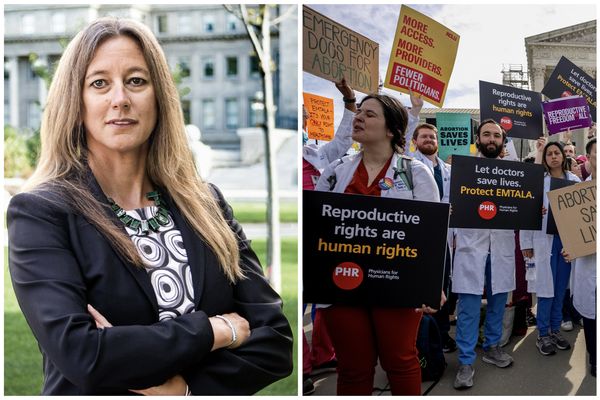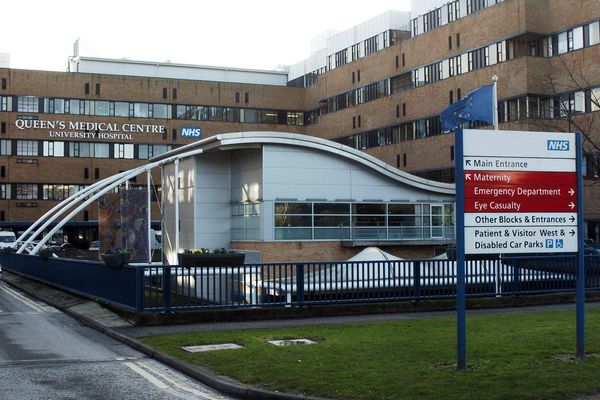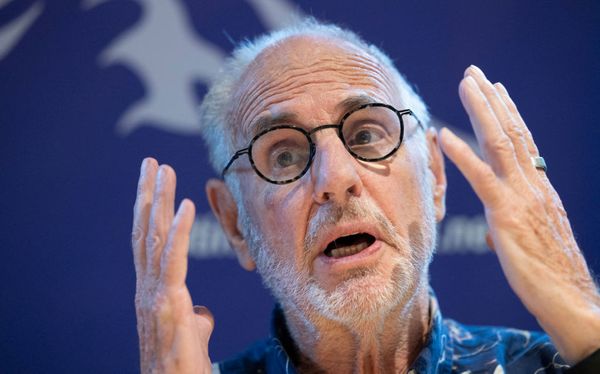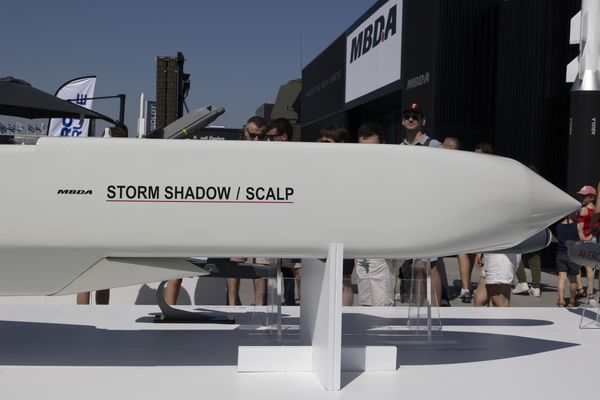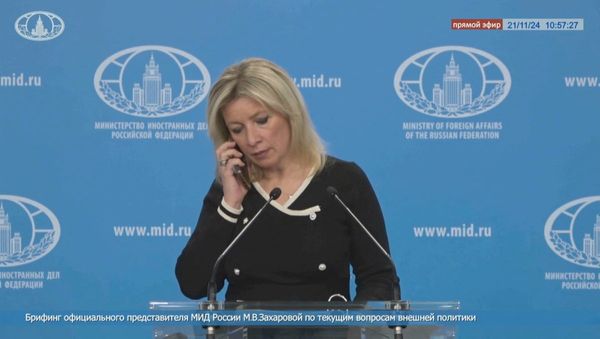
In the Ben Roberts-Smith defamation trial, the identities of most witnesses who once belonged to Australia’s most elite combat unit were kept secret. But there were a few Special Air Service (SAS) veterans who were identified publicly, including Roberts-Smith and Liberal MP Andrew Hastie.
Hastie, the federal opposition’s defence spokesman, appeared before the trial last year where he distanced himself from Roberts-Smith, his former comrade. “I am no longer proud of Mr Roberts-Smith,” Hastie reportedly told the trial in March.
When he gave evidence, Hastie was the country’s assistant defence minister. Unlike most other SAS veterans who are prevented from speaking publicly about their service, Hastie was excluded from consideration as a “sensitive witness” in the proceedings, Justice Anthony Besanko wrote in a full judgment published on Monday.
“The opposition acknowledges Justice Besanko’s ruling handed down,” Hastie told Crikey. “There are still matters before the court — it would be inappropriate to comment further.”
Hastie, who has previously written about his memory of being pushed to the brink of “insanity” by Roberts-Smith when he applied to be an officer in the SAS, gave evidence about several of the allegations made by Nine newspapers against Roberts-Smith.
“He was a straightforward witness,” Besanko wrote of Hastie.
The judgment, which mentions Hastie eight times, summarised the Canning MP’s SAS career. He served in the unit as a captain from 2010 to 2015, and was deployed to Afghanistan in October 2012, February 2013, and between October 2014 and February 2015.
During his October 2012 deployment, Hastie was part of a mission to an area called Syahchow, where Nine newspapers had alleged Roberts-Smith directed a soldier — known as Person 66 — to kill an Afghan prisoner.
While Besanko ultimately found Roberts-Smith murdered four other unarmed prisoners in Afghanistan, the allegation he “blooded” Person 66 by pressuring him to kill was abandoned by the newspapers during the trial because Person 66 refused to give evidence on the grounds it would be self-incriminating.
Hastie told the court he had heard Roberts-Smith walk by and say “just a couple more dead cunts” after the alleged killing. He also told the trial he had been told by “multiple people” that Roberts-Smith had kicked a different prisoner off a cliff, providing “a level of indirect support” for another witness’s account.
The MP also gave evidence that helped support the newspapers’ assertion Roberts-Smith had been notorious for bullying a fellow soldier, known as “Person 1”.
At a training facility in Bindoon, Western Australia, in 2012, Hastie had heard a colleague joke about the bullying.
“We sat down to breakfast prior to starting the day’s training,” Hastie told the trial. “Sunrise was playing on the big screen as we sat there eating our breakfast. Mr Roberts-Smith appeared on The Morning Show in his service dress, full medals, and he was talking about mental health charities that he was supporting.
“Person 68 stopped for a second and said loudly so that everyone could hear, ‘[Roberts-Smith] gave Person 1 depression. Now he’s going to help him fight it,’ and everyone laughed.”
While Besanko again noted Hastie had been an “honest and straightforward witness”, he wrote: “I accept that this incident occurred. However, I do not think that it adds a great deal.”
At one point during his trial testimony, Hastie told Roberts-Smith’s barrister, Arthur Moses SC, that authorities had “failed” at handling war crimes allegations and that it had become the role of the media to deal with it instead.
“There were people attacking that inquiry in the public square … For it to be undermined, diminished and attacked was bad for our country,” he reportedly told the trial. “The reason these allegations came to light is the system, thus far, has failed, Mr Moses … When a system fails sometimes it’s up to the fourth estate to do the job.”
Hastie first entered the Australian Defence Force Academy in 2003, and graduated from the Royal Military College at Duntroon in 2006. He served in the 2nd Cavalry Regiment from 2007 to 2009 before joining the SAS. He entered Parliament as the member for Canning in Western Australia at a byelection in 2015, and has been reelected three times.
His office was contacted for comment.
